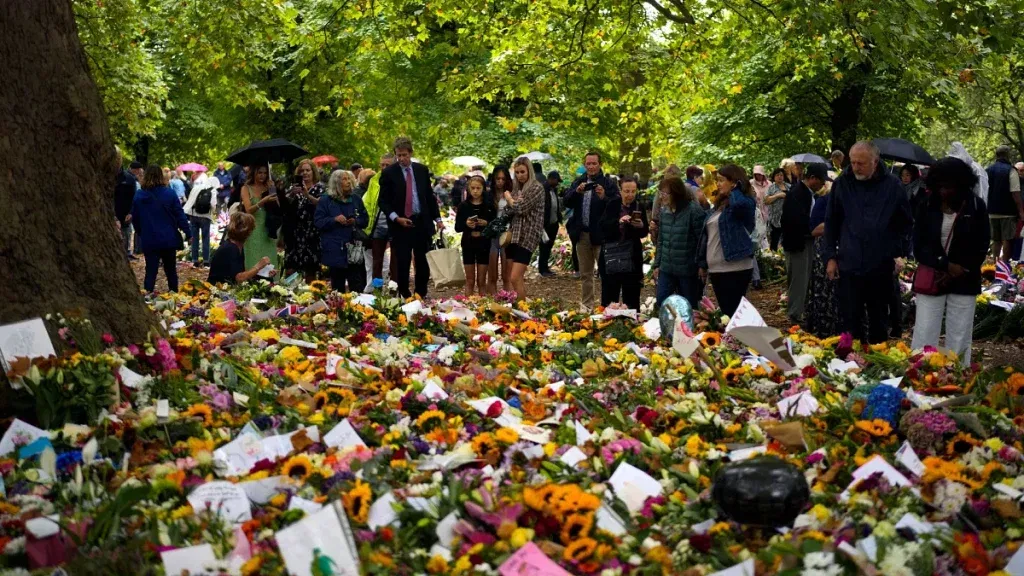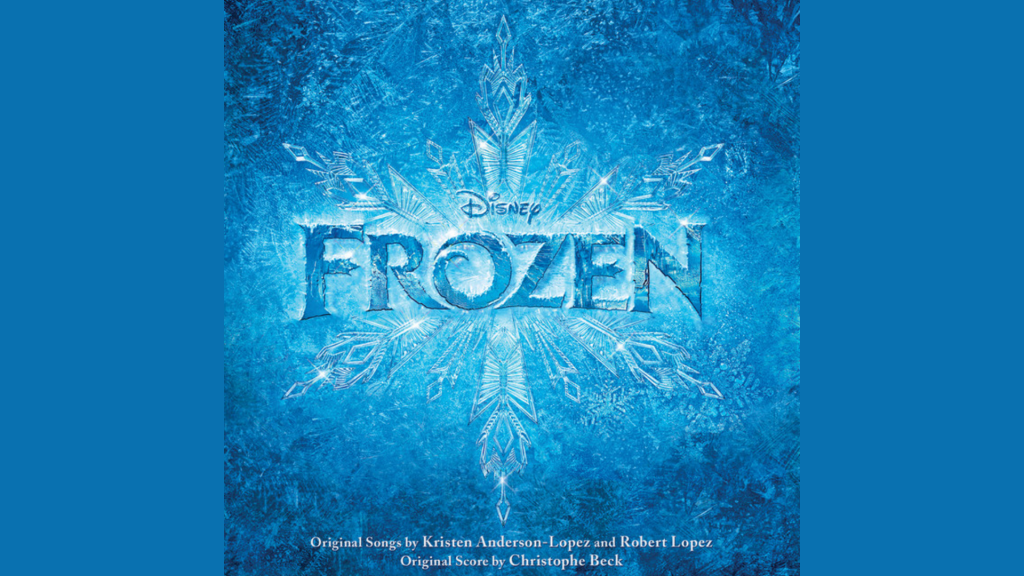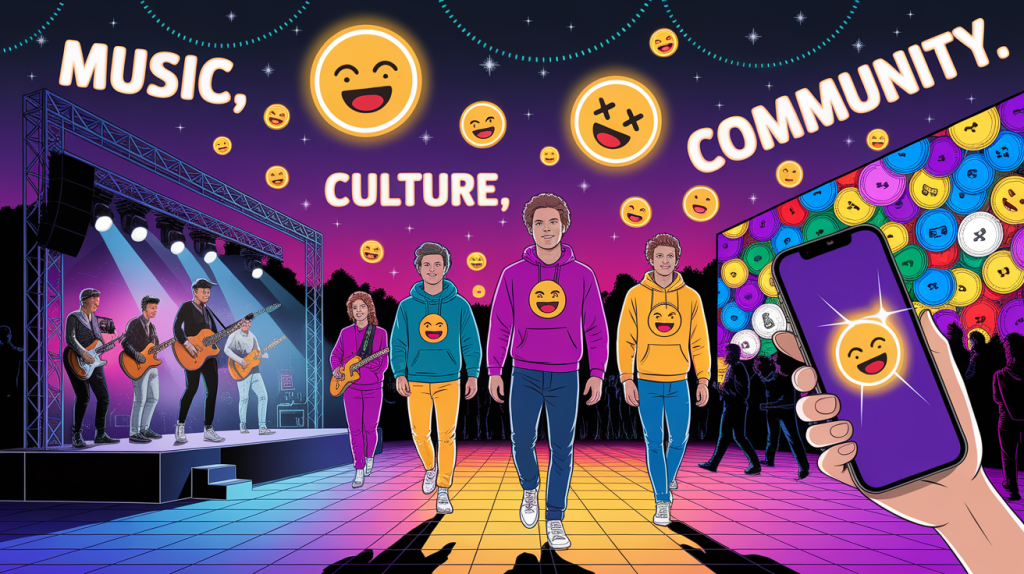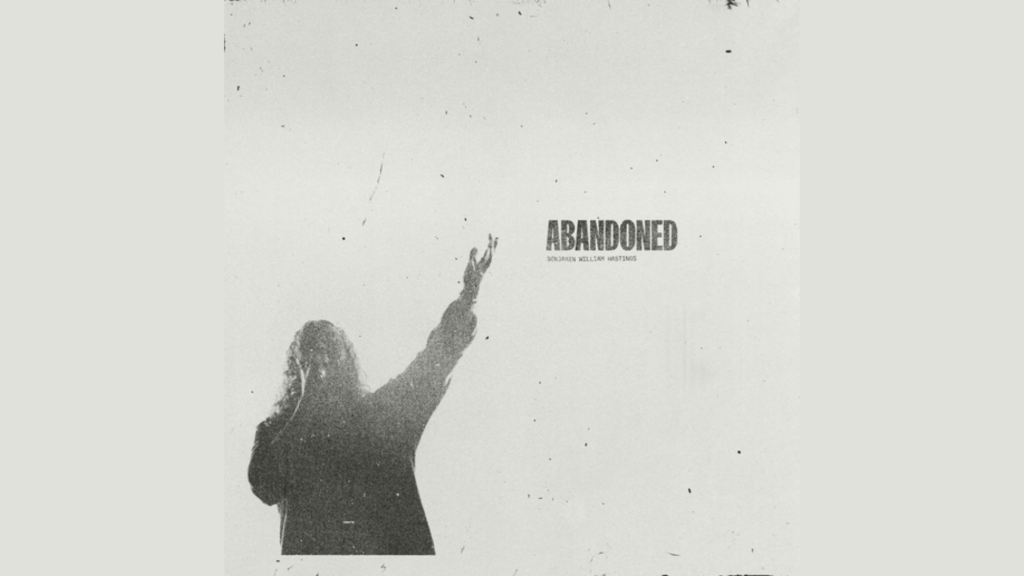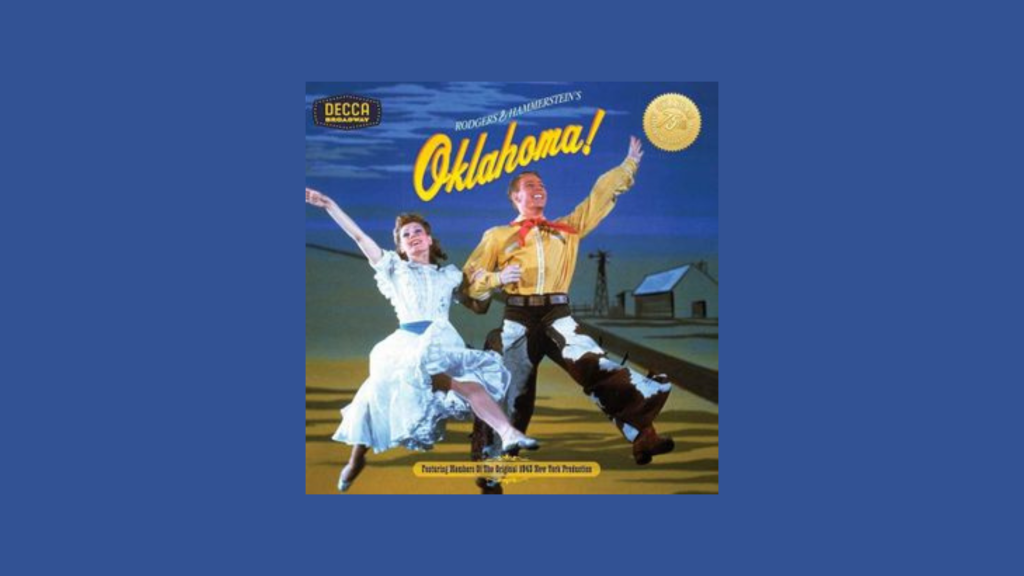The untimely death of beloved musician John Denver in 1997 sent shockwaves through his devoted fan base, exemplifying the profound psychological impact celebrity deaths can have on their admirers.
As an iconic figure in the world of folk and country music, Denver’s passing left a void in the hearts of many, triggering feelings of grief, disbelief, and a sense of personal loss.
The emotional connection fans develop with their idols is a testament to the power of music and the influence artists have on their listeners’ lives.
In this blog post, we will delve into the psychological effects of celebrity deaths on fans, using John Denver’s tragic accident as a poignant case study.
By examining the stages of grief, the role of media coverage, and how fans cope with the loss of their beloved icons, we aim to shed light on this often-overlooked aspect of celebrity culture.
The Nature of Parasocial Relationships
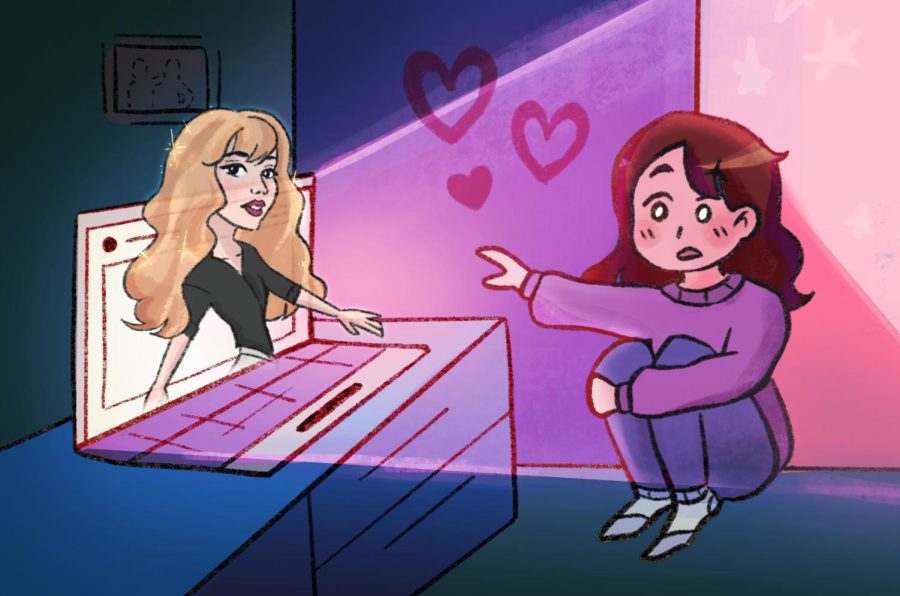
Fans often develop deep emotional bonds with celebrities despite lacking direct interaction or reciprocity.
These one-sided relationships, known as parasocial relationships, are characterized by the fan’s emotional energy, interest, and time invested while the celebrity remains unaware of the fan’s existence.
Information accessible through print, online publications, and social media platforms further enhances fans’ emotional involvement, making celebrities feel closer and more relatable.
Parasocial relationships serve various purposes for fans, such as coping with anxiety and depression, escaping from stressful real-life situations, and experiencing enjoyment through entertainment.
Celebrities become crucial counterparts in fans’ lives, often embedded in their developmental milestones and filling roles of mentors or support figures that may be lacking in their personal lives.
The emotional connection fans develop with celebrities is based on their projection of what they need the celebrity to be during influential moments in their lives.
It is the idea of the celebrity, rather than the actual person, that fans bond with.
This emotional attachment can lead to a tendency to immortalize celebrities, making it difficult for fans to accept their mortality.
The loss of a celebrity can be deeply impactful, as fans may have associated the celebrity with significant life moments, such as a first kiss or a wedding song.
When a celebrity dies, it can feel like a part of the fan dies, too, highlighting the profound psychological impact of parasocial relationships on fans’ lives.
The Role of Celebrities in Our Lives

Celebrities often play a significant role in shaping our identities and personal growth. Their influence can be so profound that their loss may feel like losing a part of ourselves.
Multiple factors can impact the cases that can make celebrities an integral part of our lives
In the section below, we have listed how celebrities can become integral to our lives:
1. Developmental Milestones
- Celebrities can be deeply embedded into our formative years, becoming closely associated with crucial life moments and experiences that define our growth and development.
- Their music, movies, or performances may be inextricably linked to significant life events, such as a first kiss, a wedding song, or a painful breakup, creating lasting emotional connections.
- These strong emotional ties make the loss of a celebrity feel incredibly impactful, as it can seem like a part of our history and personal narrative has been lost.
2. Emotional Support and Mentorship
- Celebrities can often fill the roles of mentors, role models, or support figures that may be lacking in our personal lives, providing a sense of guidance and inspiration from afar.
- We turn to them for comfort, solace, and motivation during challenging times, finding strength and resilience in their words, actions, and creative works.
- Over time, they become an integral part of our lives, and when they pass away, it can feel like a piece of our support system has been taken away, leaving us feeling lost and alone.
3. Relatable Experiences and Traits
- We often gravitate toward celebrities whose traits, experiences, or struggles resonate deeply with our own lives, finding a sense of kinship and understanding in their stories.
- They may represent parts of ourselves that we aspire to develop or express, serving as a beacon of hope, courage, or authenticity in a world that can often feel overwhelming or confusing.
- Their presence in our lives helps us feel seen, understood and validated, and their loss can be a painful reminder of the challenges we face in our journeys of self-discovery and growth.
4. Nostalgic Life Experiences
- Our emotional bond with celebrities is often based on projecting what we need them to be during influential moments, creating a powerful sense of nostalgia and attachment.
- We tend to immortalize them through these nostalgic life experiences, enshrining them in our memories as timeless figures who will always be a part of our history.
- Their loss can trigger a profound re-evaluation of our lives and the fragility of existence. It forces us to confront the fleeting nature of life and the importance of cherishing the moments and people that matter most to us.
The impact of a celebrity’s death on fans is a testament to their significant role in our lives, shaping our identities and providing emotional support.
Moreover, their impact also serves as a touchstone for our personal growth and development.
Understanding the deep psychological and emotional connections we form with celebrities can help us better navigate the complex and often overwhelming process of grieving their loss.
Through unwanted situations and circumstances like this, we also appreciate their profound influence on our lives and the lives of countless others.
Psychological Effects of Celebrity Deaths
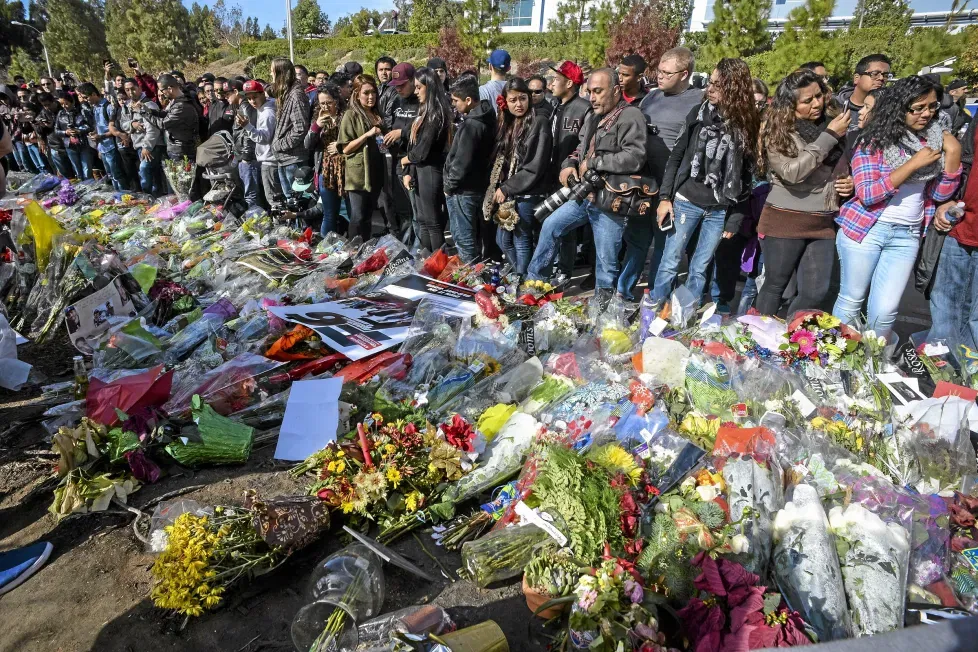
The death of a beloved celebrity can have a profound psychological impact on their fans, often triggering a range of intense emotions and mental health challenges.
This phenomenon is rooted in fans’ powerful connections with public figures and celebrities’ role in shaping our identities and life experiences.
1. Intense Feelings of Grief and Loss
Fans may experience shock, disbelief, sadness, and a profound sense of emptiness, particularly if the celebrity’s death was sudden or unexpected. They may struggle to come to terms with the loss, feeling as though a part of their own lives has been taken away.
2. Depression and Anxiety
The death of a celebrity can trigger symptoms of depression, such as persistent sadness, loss of interest in activities, and changes in sleep or appetite. Fans may also experience anxiety, especially if the celebrity’s death reminds them of their mortality. In severe cases, some fans may even experience suicidal thoughts or engage in self-harm.
3. Sense of Unfairness and Anger
Fans may grapple with anger or resentment, questioning why someone so talented, beloved, or seemingly invincible could be taken away so suddenly. This sense of injustice can compound the emotional pain and make it more difficult for fans to process their grief.
4. Difficulty in Coping with Daily Life
The psychological impact of a celebrity’s death can be so profound that fans may struggle to function in their daily lives, finding it challenging to concentrate at work, maintain relationships, or engage in activities they once enjoyed. This can lead to a sense of isolation and disconnection, further exacerbating their emotional distress.
5. Recognizing and Validating Emotions
It is essential for fans to acknowledge that their feelings of grief and loss are valid and to seek support from friends, family, or mental health professionals if they find themselves struggling to cope. By healthily processing their emotions, fans can begin to heal and find ways to honor the legacy of the public figures they admire so deeply.
Final Words: Celebrity Deaths and Fan Grief
The profound impact of celebrity deaths on fans highlights the complex nature of parasocial relationships and the significant role public figures play in our lives.
Acknowledging and validating the grief experienced by fans is crucial in fostering a supportive environment where individuals can process their emotions without fear of judgment or dismissal.
By recognizing the legitimacy of this form of grief, we can cultivate a more compassionate society that understands the intricate connections we form with celebrities and the void their loss can create.
As we navigate the ever-evolving landscape of celebrity culture and its influence on our lives, it is essential to approach the grief of others with empathy and understanding, knowing that the pain of losing a beloved public figure can be just as real and profound as any other form of loss.
Through open dialogue and support, we can help one another heal and find solace in the face of celebrity deaths.


